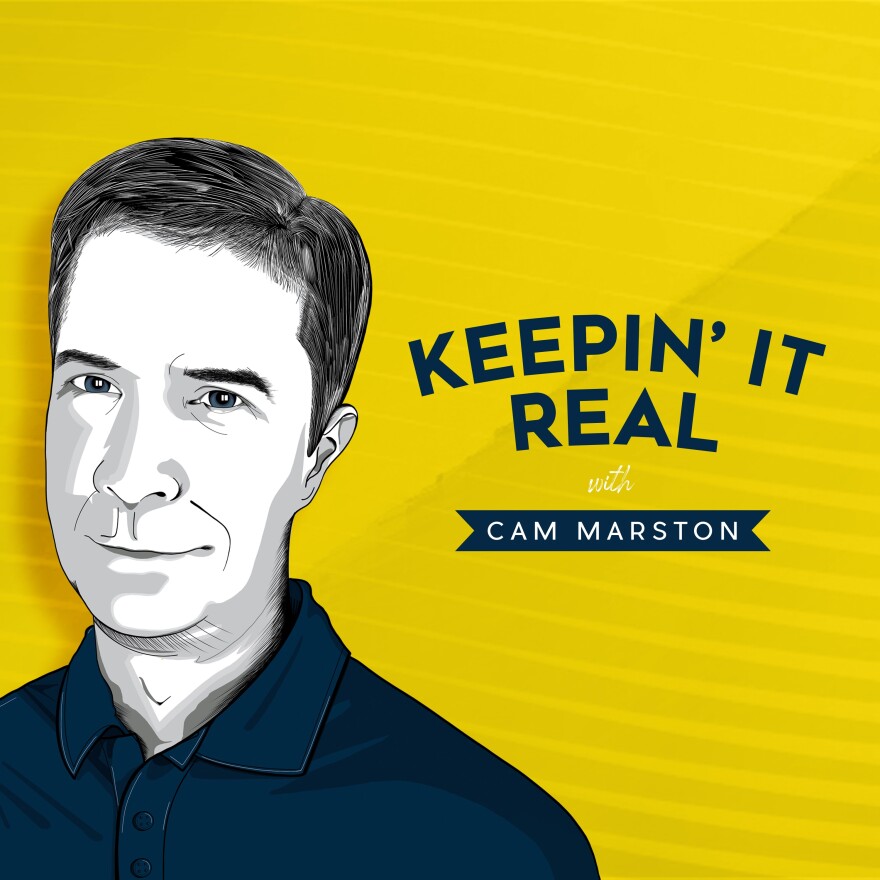The apprentice to master model in the workplace may be dead. It was declining prior to the pandemic but now, after the struggles from the pandemic are largely behind us, the apprentice to master model is gone. And it’s a shame. Our society today, our workplace, our government, all of it comes from this model. It served us well. We’ve left it behind. Out to pasture. It’s not a good thing.
Begun in the trades ages ago, its basic tenants are that a person enters a trade or a workplace with little to no knowledge. They apprentice themselves to someone who can teach them – a master. The apprentice slowly learns, begins mastery of their craft, to become the master themselves. They then train the next generation and so on. Stone masons, mechanics, glass blowers, plumbers, electricians, lawyers, and accountants. All of them and many more.
What brought apprentice to master to an end? A few things, the first of which is technology. Technology began its creep into the workplace two generations ago. The Baby Boomers were running the show. Boomers were first skeptical of stuff, and took it on reluctantly. In time, the power of technology became apparent and most Boomers didn’t know how to use it. Who did? The Gen X’ers.
The Boomers said “Hey Gen X. We need your tech skills. Please come work here, use this stuff, and teach me how to use this stuff.” Thus, Gen X entered the workplace as the master. The young were teaching the old. As technology continued its creep, more and more Gen X’ers were needed to teach the Boomers. The technology changed and the Millennials then entered teaching the Gen X’ers. Again, the young teaching the old. The workplace desperately needed the young master.
After the pandemic hit it changed again. No one could find workers. Workplaces were doing cartwheels to get employees with no proven experience, no discernable talents. Employers further sent apprentice to master into oblivion by giving the youngest workplace entrants perks and benefits and hybrid workplaces and flex schedules that previously only the masters could dare ask for. Tenure no longer mattered. And if the new employees didn’t like the way they were treated, if they felt unappreciated, registered too many microaggressions, off they went to quickly find a new job. A California MD told me in her workplace the newest workers are weaponizing wellness. “I don’t want to do that,” they’re saying, about whatever it is. “It will make me unwell.”
I was with a client in Dallas Wednesday. They’re struggling. They make high pressure valves and pumps and such. They’re struggling to find people to work. Making the items, installing the items, building things, and fixing things. To learn this stuff, employees have to apprentice to a master. No Google search, YouTube video, or ChatGPT will do it.
There was a lot of white hair in the room of 850 people wondering how to keep their businesses going. I’ve studied workplace trends for twenty years. I didn’t have much good news for them.
I’m Cam Marston and I’m just trying to Keep it Real.



